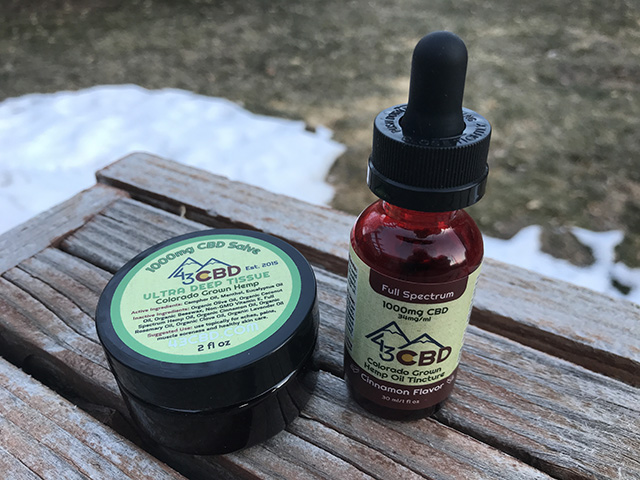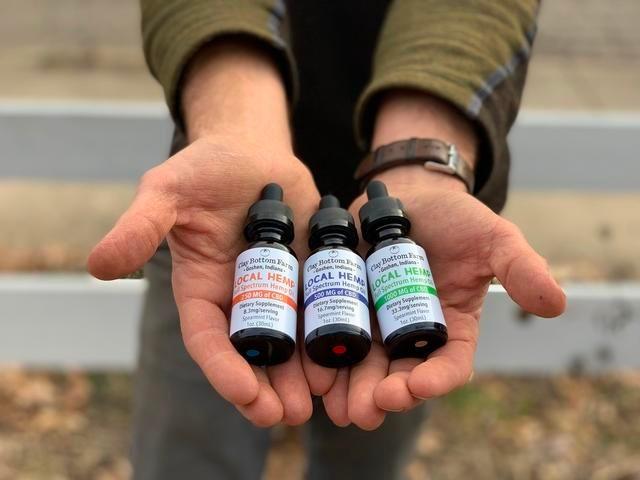
In recent years, CBD (cannabidiol) has surged in popularity for its potential health benefits, from managing anxiety to alleviating chronic pain. However, as the market for CBD products expands, so do the questions surrounding its safety, particularly for vulnerable populations such as pregnant women. Expectant mothers are rightly cautious about what they put into their bodies, prioritizing the well-being of their unborn child above all else. With conflicting information circulating, it’s essential to delve into the topic of CBD and pregnancy to determine whether it’s safe or not.
Understanding CBD
CBD is one of the many compounds found in the hemp plant. Unlike its counterpart THC (tetrahydrocannabinol), CBD does not produce psychoactive effects, meaning it doesn’t make users feel “high.” Instead, it interacts with the body’s endocannabinoid system, which plays a crucial role in regulating various physiological processes, including mood, sleep, pain sensation, and immune response.
The Safety Concerns
When it comes to pregnancy, safety is paramount. While CBD has gained a reputation for its therapeutic properties, its safety during pregnancy remains a subject of debate. The primary concern stems from the lack of comprehensive research on how CBD specifically affects pregnant women and their developing fetuses. Without sufficient data, medical professionals are hesitant to endorse its use during pregnancy.
Limited Research
The limited research available on CBD and pregnancy underscores the need for caution. While some animal studies suggest that CBD may have potential benefits for reducing anxiety and improving sleep, extrapolating these findings to humans, especially pregnant women, is challenging. Moreover, there’s a dearth of long-term studies assessing the impact of prenatal CBD exposure on fetal development and postnatal health outcomes.
Potential Risks
In the absence of conclusive evidence, experts advise pregnant women to err on the side of caution when it comes to CBD consumption. Potential risks associated with CBD use during pregnancy include:
- Placental Transfer: CBD molecules can cross the placental barrier, potentially impacting fetal development.
- Hormonal Effects: CBD may interfere with hormone regulation, which is critical for maintaining a healthy pregnancy.
- Unknown Compounds: CBD products often contain other ingredients, such as contaminants or THC, which could pose additional risks to both the mother and the fetus.
Expert Recommendations
Given the lack of scientific consensus, leading medical organizations, including the American College of Obstetricians and Gynecologists (ACOG), advise against the use of hemp, including CBD, during pregnancy. They emphasize the importance of discussing any substance use, including CBD, with healthcare providers to make informed decisions about prenatal care. If you want to find great tips and information about CBD and pregnancy, you may try here to learn more.

Alternatives for Pregnant Women
Pregnant women seeking natural remedies for common pregnancy symptoms should explore alternative therapies that are considered safer during pregnancy. These may include:
- Prenatal Yoga and Meditation: These practices can help alleviate stress and promote relaxation without the potential risks associated with CBD.
- Acupuncture: Traditional Chinese medicine techniques like acupuncture have been shown to relieve nausea, back pain, and other pregnancy-related discomforts.
- Nutritional Supplements: Opting for prenatal vitamins and supplements approved by healthcare providers can support maternal and fetal health without the uncertainty surrounding CBD.
Conclusion
In conclusion, the safety of CBD during pregnancy remains uncertain due to the lack of comprehensive research. While CBD shows promise for various health conditions, its potential risks for pregnant women and their babies cannot be overlooked. Expecting mothers should prioritize their health and well-being by consulting with healthcare providers before considering any CBD products. Until more evidence is available, it’s best to explore safer alternatives for managing pregnancy-related symptoms. Remember, when it comes to pregnancy, informed decisions are essential for the health of both the mother and the baby.




